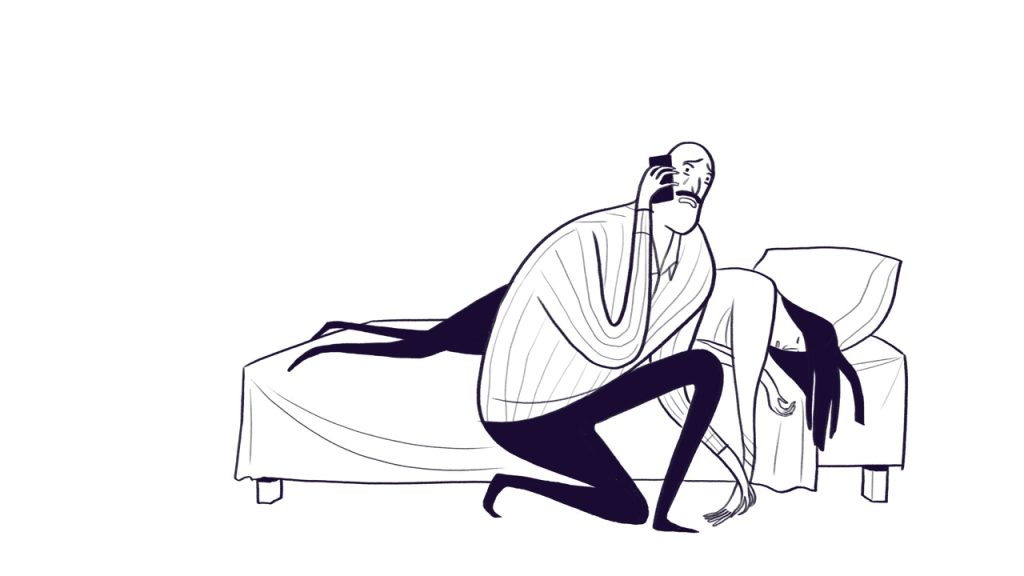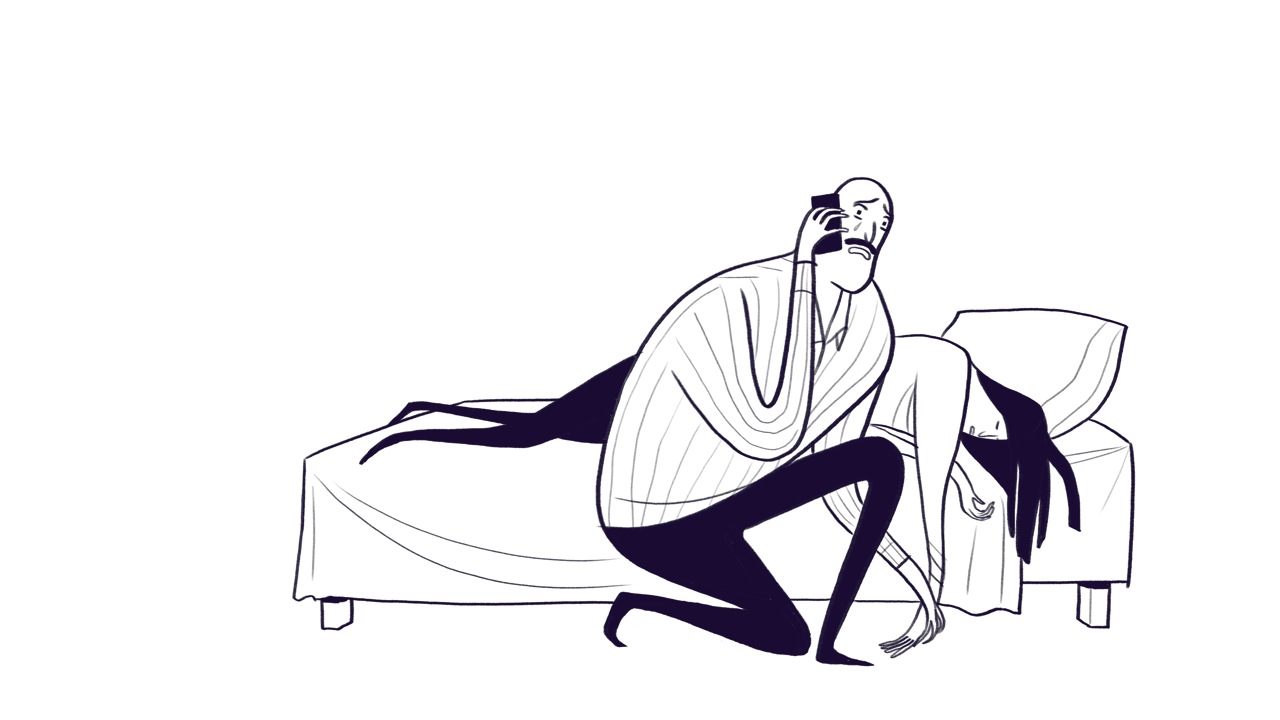Overdose – Who is Responsible?


Illustration © Eleanor Davis
The Family as Emergency Responders: Be Careful What You Suggest
A well-meaning police officer at that coalition meeting I attended suggested that parents should follow behind their kids, ready with Narcan, the antidote to an opiate overdose. Narcan is being distributed ever more widely to emergency personnel, caseworkers and family members. With Narcan, now in a one-step nasal spray, you can reverse the effect of an overdose from opiates. It is a critical intervention that is saving lives.
Her message caused me to wince, though. Are we now telling families that they should be responsible for surveying their loved one somehow – as if this were even possible – by being at-the-ready at all times to swoop in with Narcan?
Many of us with loved ones who are actively using opiates would quickly answer YES, if it can save a life.
What About Natural Consequences and Stepping Away?
But what happens to the process of recovery if you throw out everything that we teach with the CRAFT approach? What happens if you no longer step away when you see use, and you no longer allow natural consequences to occur?
Bear with me for a moment and hear me out: if we step in rather than stepping away when they use, shadowing them, keeping them home, being ever more vigilant when they sleep or lock themselves in a room, when they spend a few too many minutes in the bathroom….what’s the message we’re sending?
I’m here… it’s best we hang together on the couch even though you’re loaded…I’m with you…
Are we then unintentionally supporting the use? When does vigilance turn into enabling?
Can Our Life be Limited to Watching Over our Loved One?
I worked with a mom who would call me whenever she wanted to travel, even for a weekend. Her adult daughter lived with her and used periodically, despite being on methadone. She worried that if she were gone, even for 24 hours, she would miss the moment her daughter passed out. Mom no longer traveled, not even an overnight to see family or friends.
The advent and availability of Narcan are pushing the responsibility for a loved one’s behavior onto the family EVEN MORE! The unintended societal message – that family members should/could be there when a loved one overdoses – has the power to destroy family members who aren’t there when the unthinkable does happen.
Whose Responsibility Is It?
I don’t have the answer to this, but I remain troubled by the unintended pressure that is put on the family member to “save the day.” Where and how do we draw the line? How can you remain prepared to address a potential overdose and yet avoid making your loved one comfortable and safe, thus emboldening them to take more chances through continued use? How do we avoid extending active addiction by normalizing it and inadvertently enabling it?
Join the conversation on this topic and others by becoming a member today. A membership on our member site allows you to comment on articles and ask questions of our in-house experts. You will receive personalized guidance and responses to your questions. Learn more about the CRAFT approach here.
